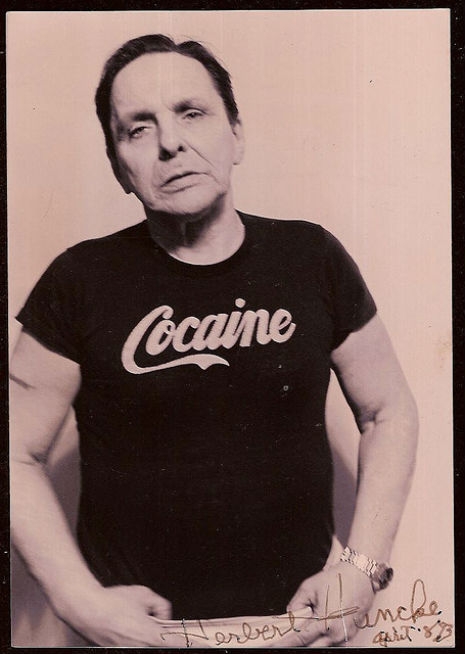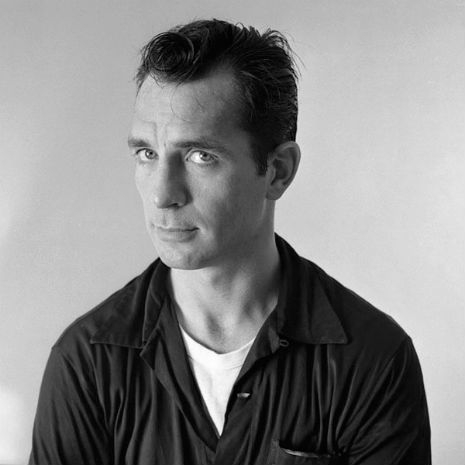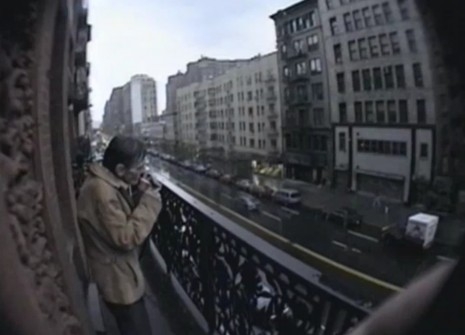
The Burning Ghat is a strange, yet revealing short film that explores the relationship between original Beat Herbert Huncke, and his long-time companion and room-mate, Louis Cartwright.
Huncke was a petty crook and junkie, who hustled around Times Square in the 1940s, where he met William Burroughs, Jack Kerouac and Allen Ginsberg. It was Huncke who originally introduced these three young writers to the “Beat Life”—a major inspiration on their writing.
Not long after their meeting, Ginsberg wrote in his journal:
Who is Herbert Huncke? When I first knew him I saw him in what I considered the ‘glamorous’ light of a petty criminal and Times Square hustler who was experienced in the ways, thoughts, and activities of an underground culture which is enormously extensive. The attempt to dismiss him because of his social irresponsibility is something that I was never able to conceive as truthful or productive. I saw him as a self-damned soul—but a soul nonetheless, aware of itself and others in a strangely perceptive and essentially human way. He has great charm. I see that he suffers, more than myself, more than anyone I know of perhaps; suffers like a saint of old in the making; and also has cosmic or supersensory perceptions of an extraordinary depth and openness.
Louis Cartwright was a photographer (he took the portrait of Huncke above), drug addict and alleged pimp. According to Huncke, he was also someone not to be trusted. In 1994, Cartwright was stabbed to death, and his murder still remains unsolved.
The Burning Ghat was directed by James Rasin (Beautiful Darling: The Life and Times of Candy Darling, Andy Warhol Superstar) and Jerome Poynton, and was filmed in Huncke’s apartment on Henry Street, New York.
Allen Ginsberg wrote of the film, “O Rare Herbert Huncke, live on film! The Burning Ghat features late-in-lifetime old partners Huncke & Louis playing characters beyond themselves with restrained solid self-awareness, their brief masquerade of soul climaxing in an inspired moment’s paradox bittersweet as an O’Henry’s tale’s last twist”.
Harry Smith said of the film, “It should have been longer”.
The Burning Ghat was featured at the 53rd Venice Biennial, and included in the Whitney Museum’s “Beat Culture and the New America” show of 1996. It won the Gold Plaque Award for Best Short Film at the 1990 Chicago International Film Festival.
Made the same year Huncke published his autobiography Guilty of Everything, this was to be his only on-screen, acting performance.
Previously on Dangerous Minds
‘Original Beats’: A film on Herbert Hunke and Gregory Corso
Out-takes from ‘Original Beats’ featuring Herbert Huncke, after the jump…







